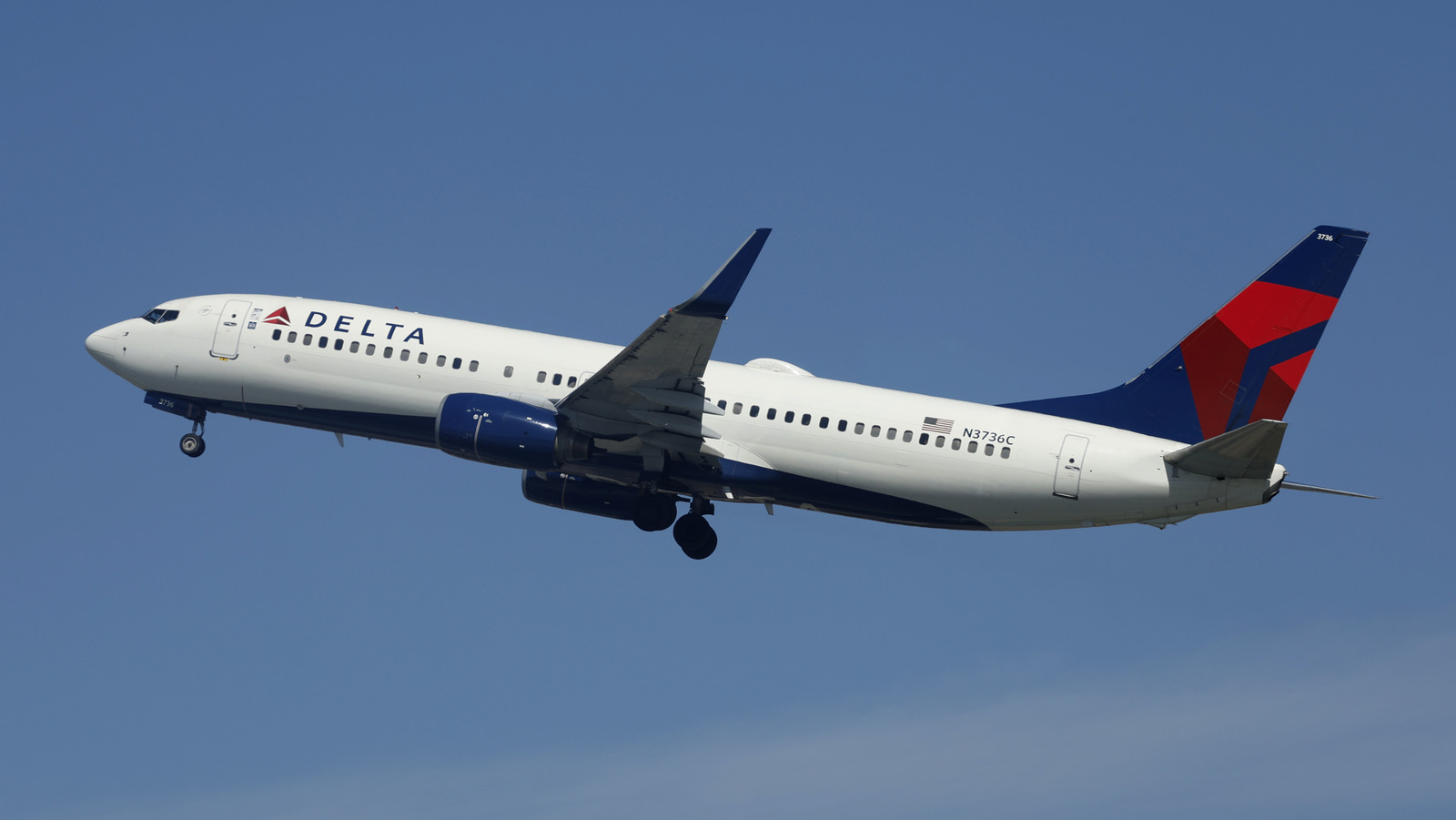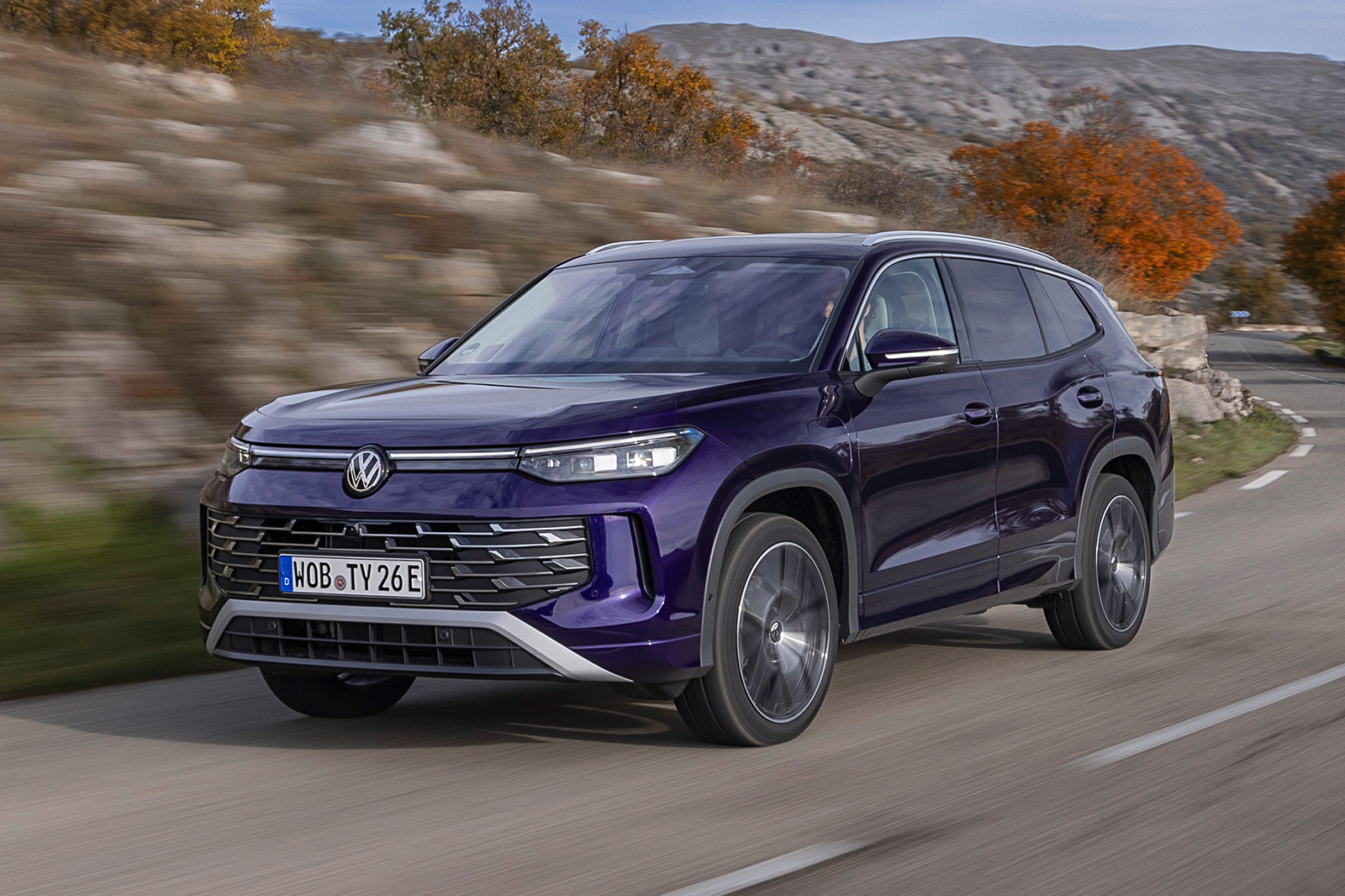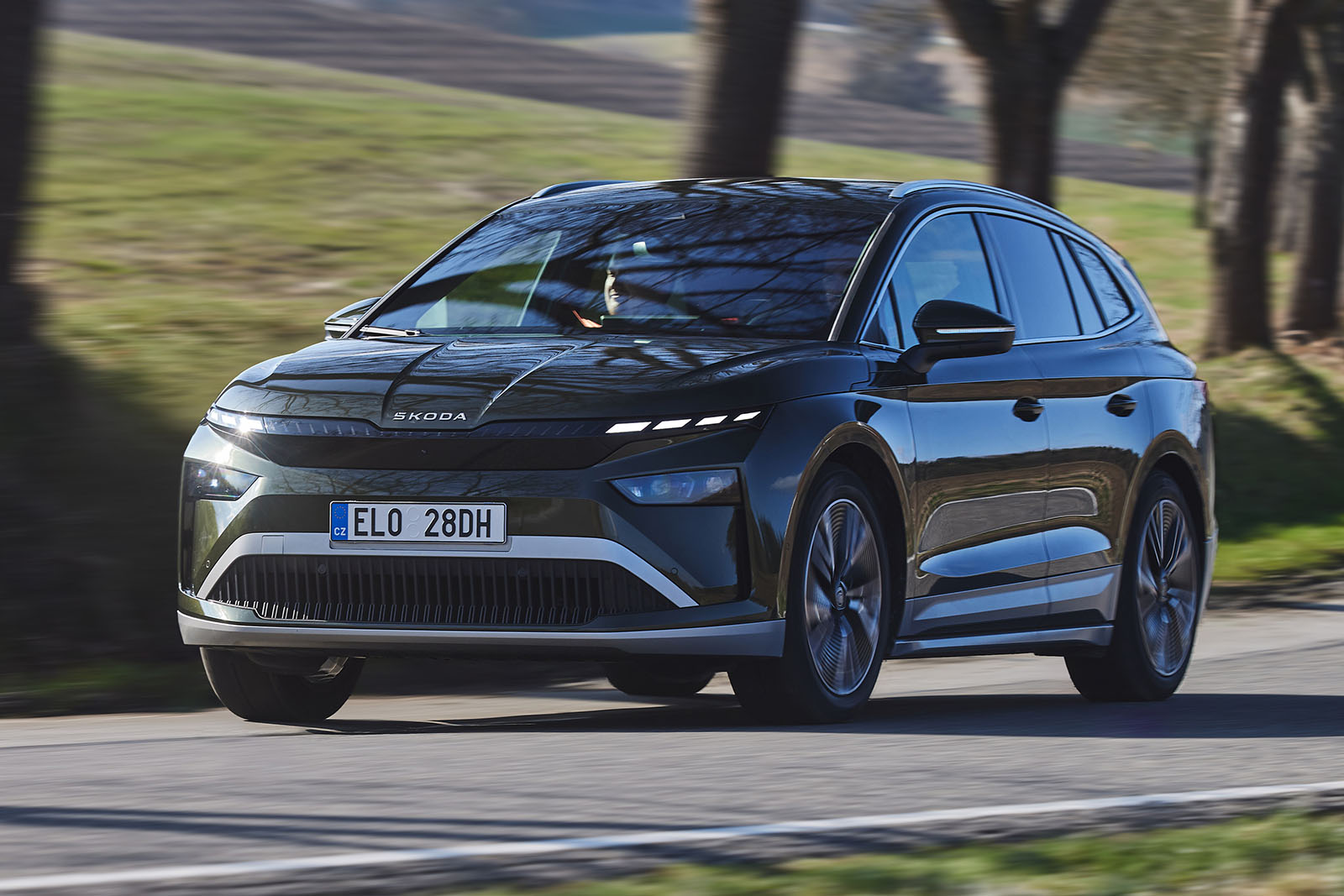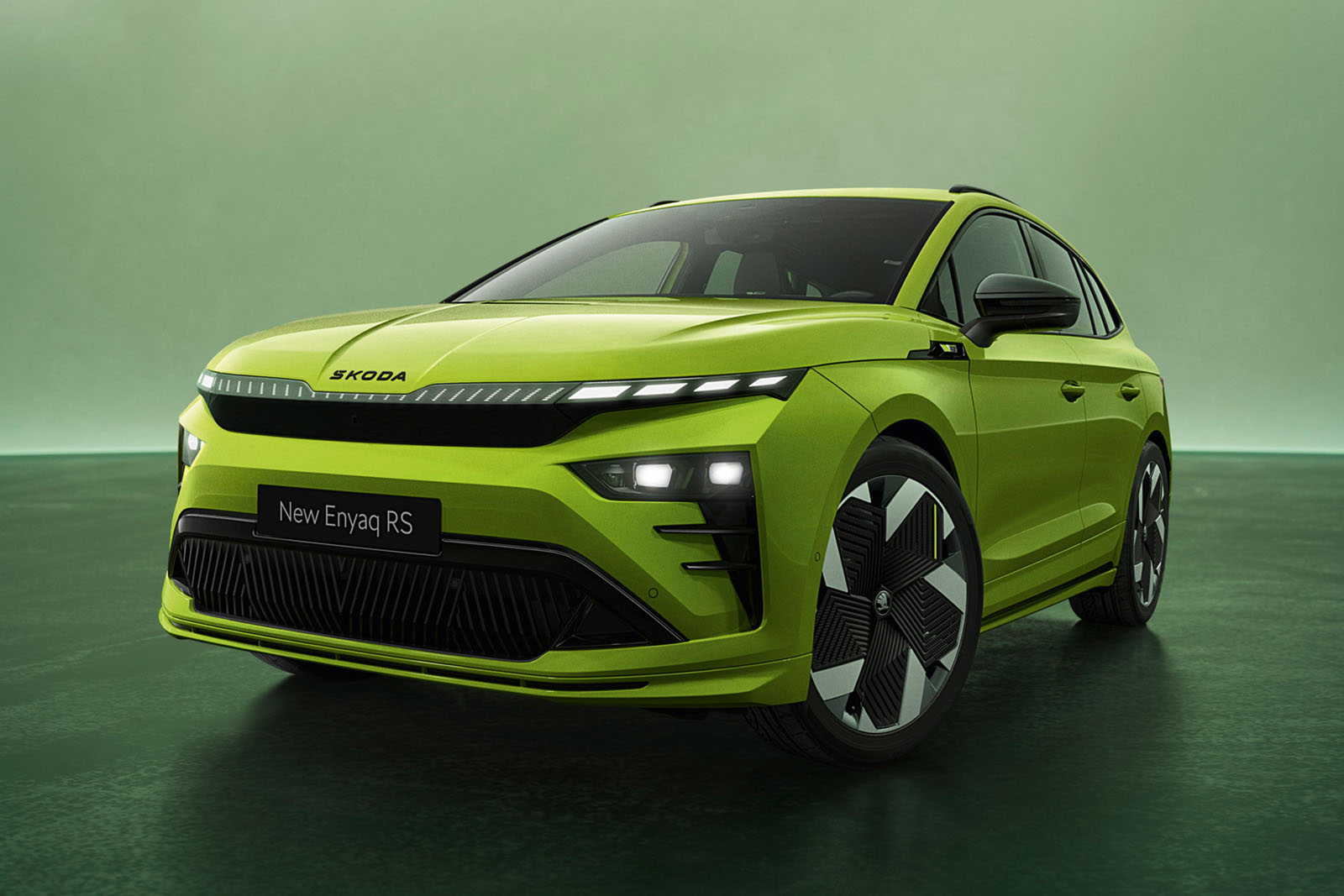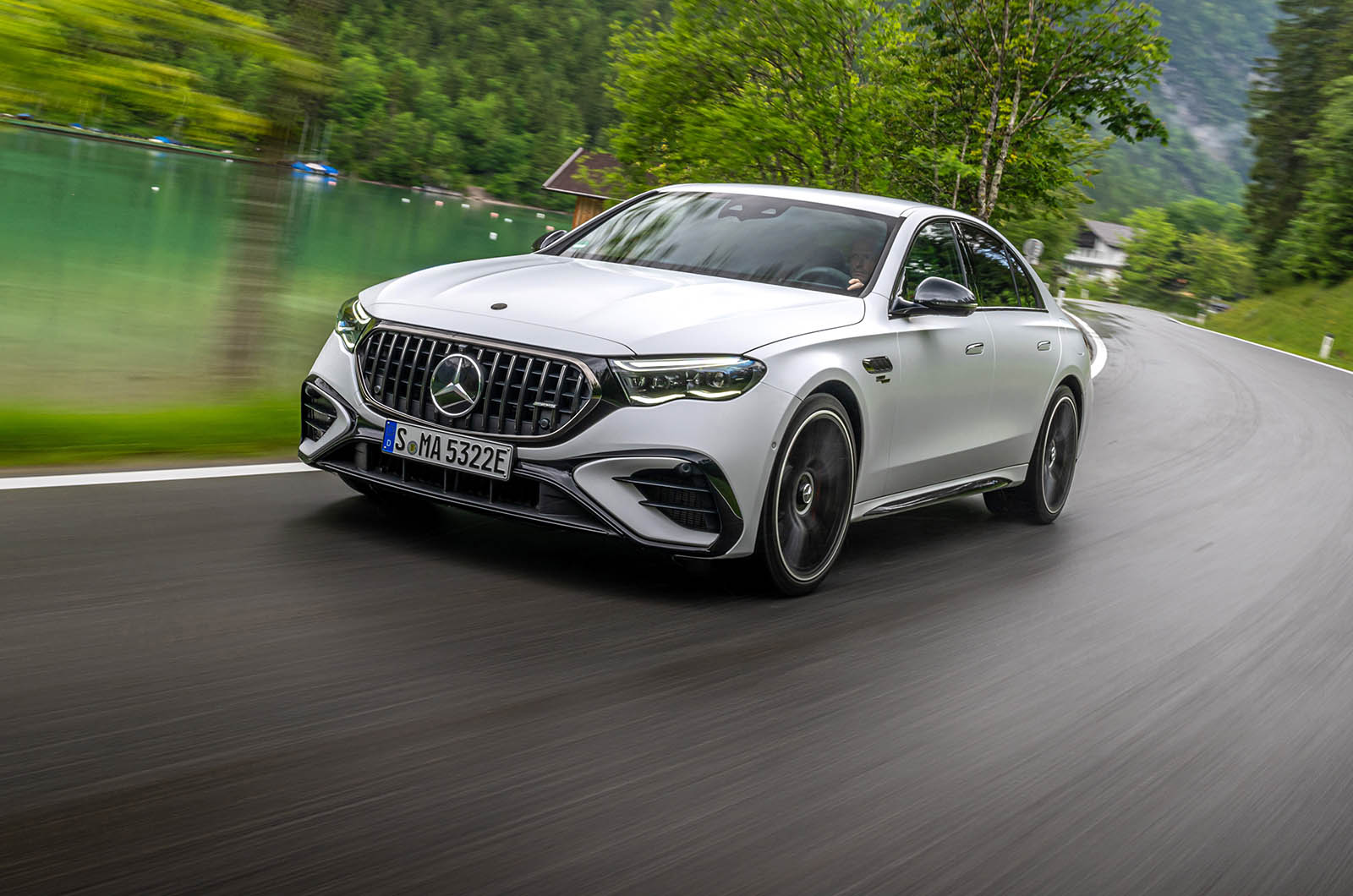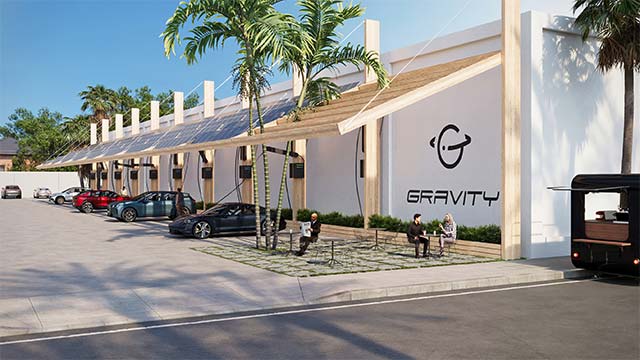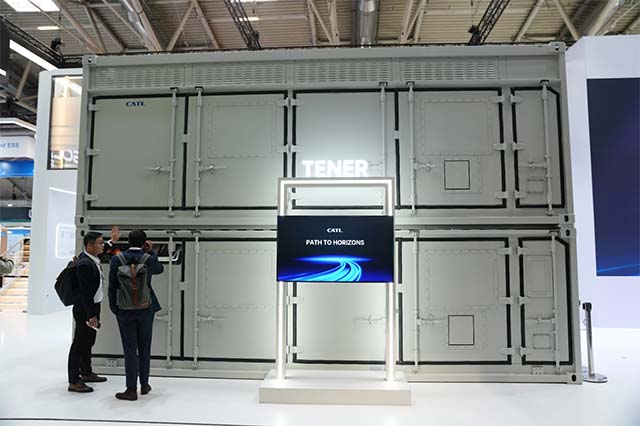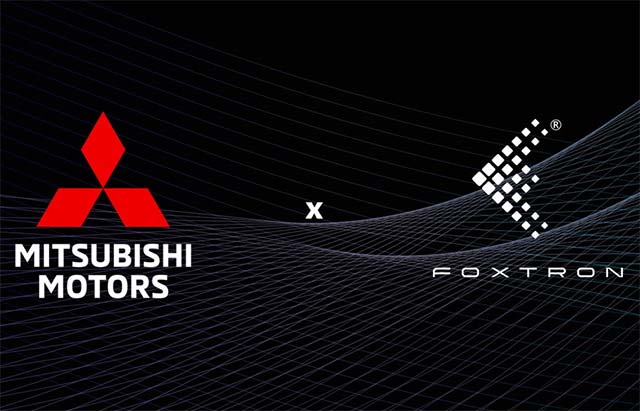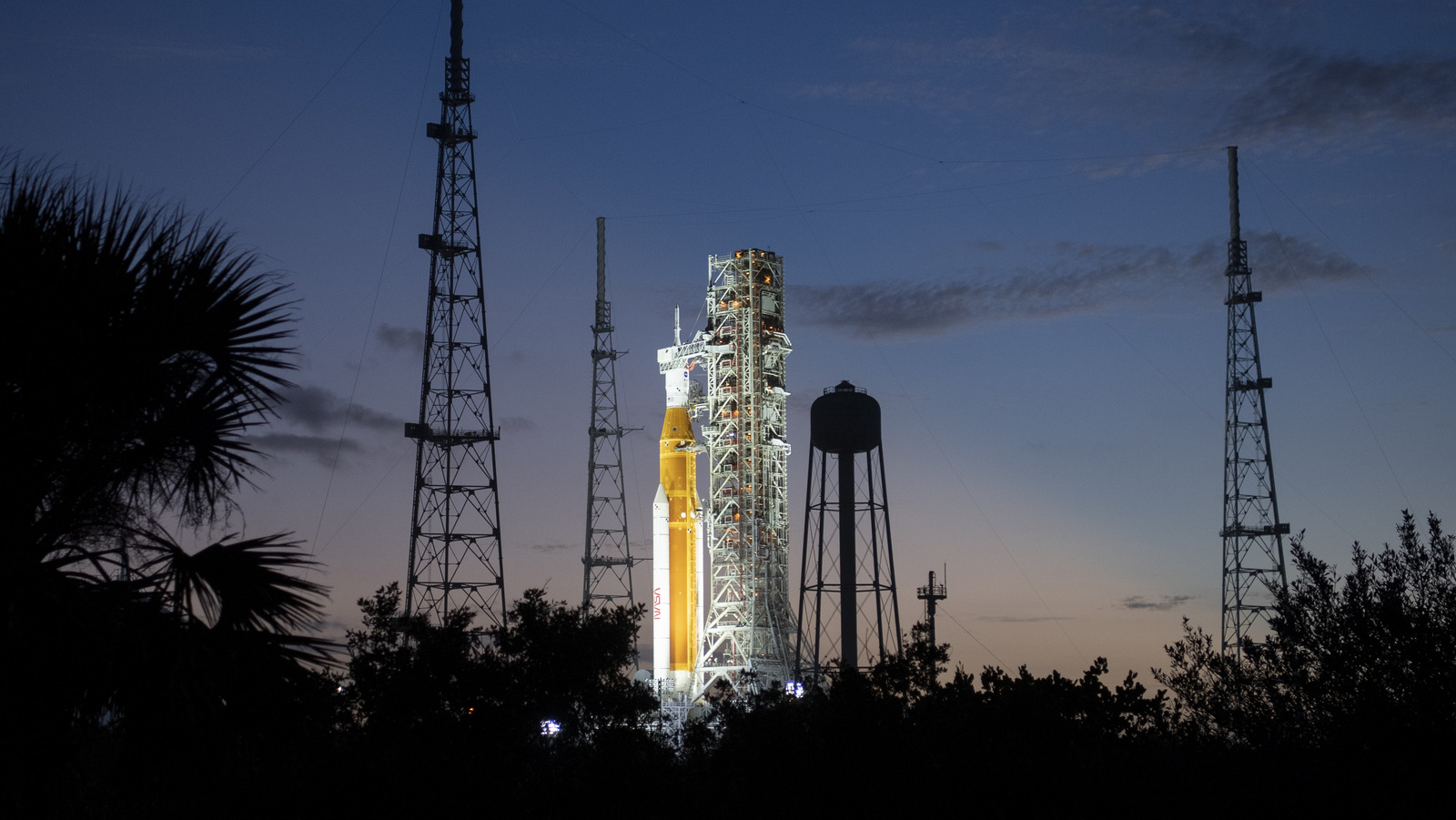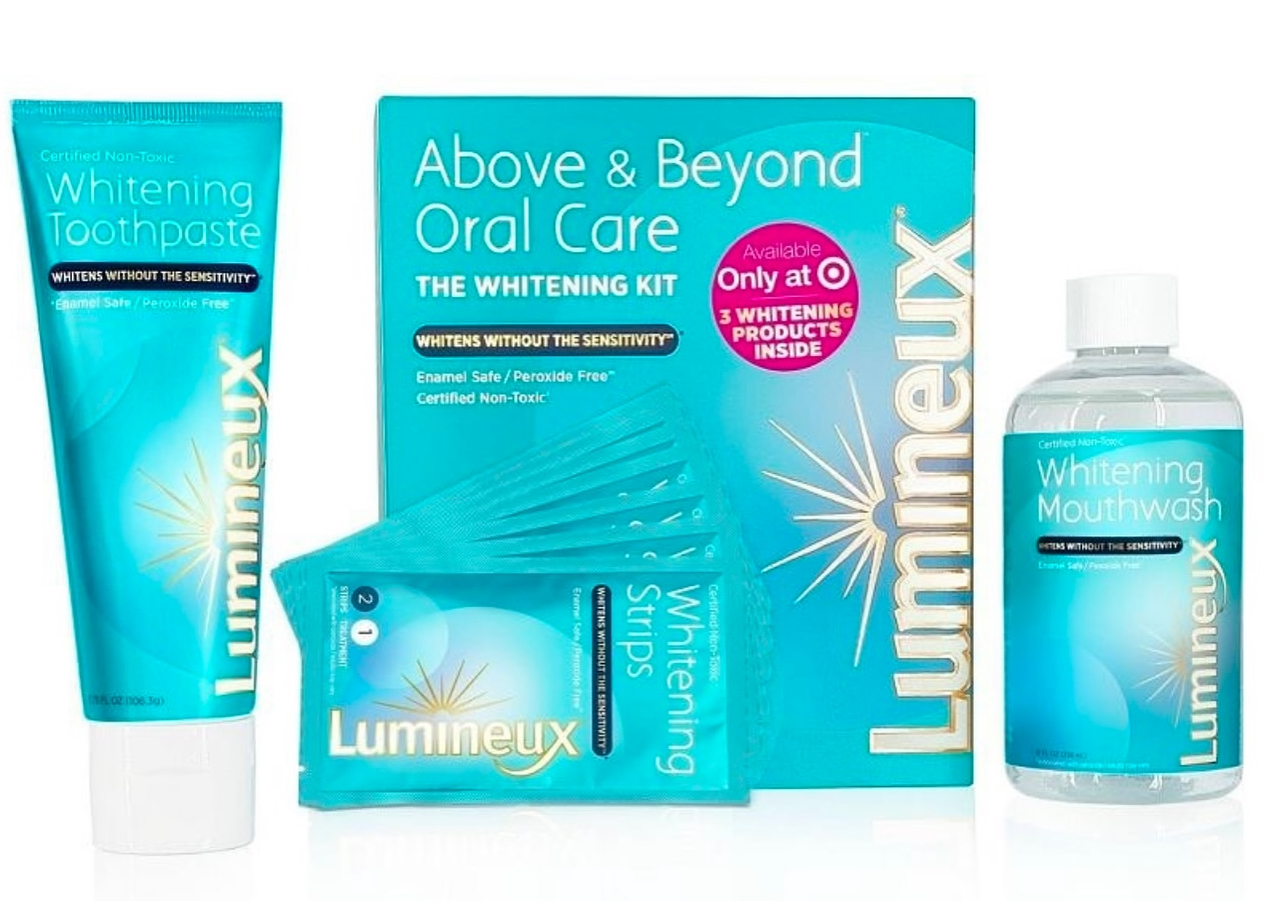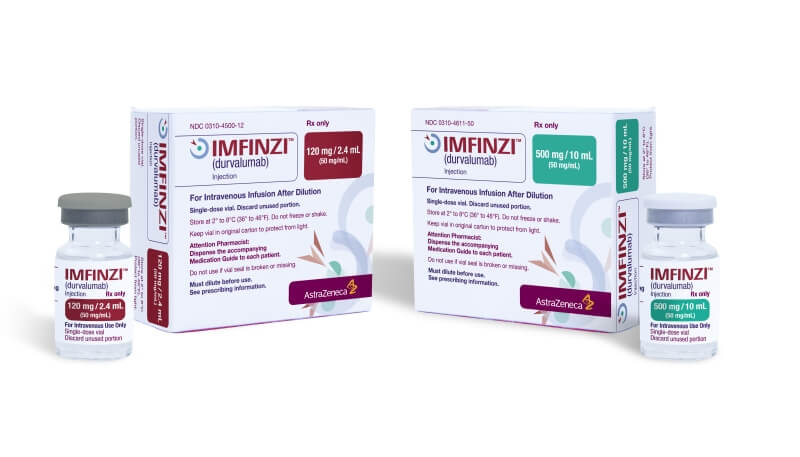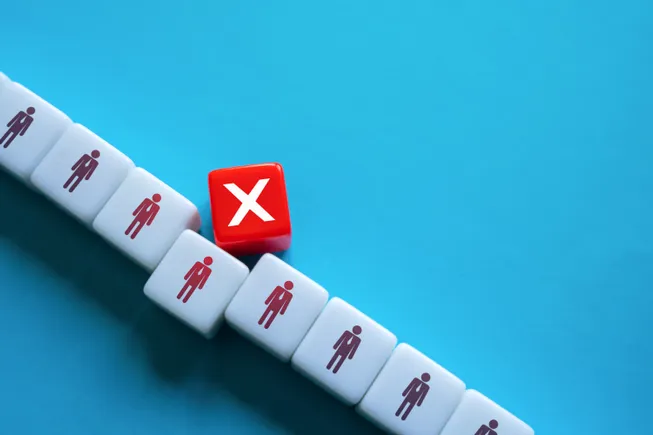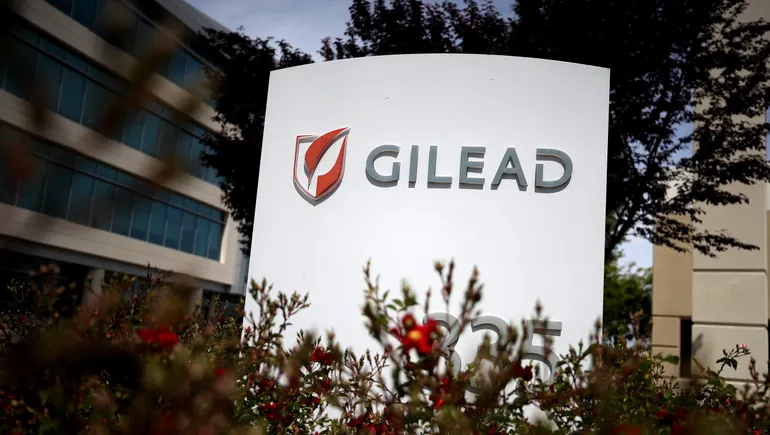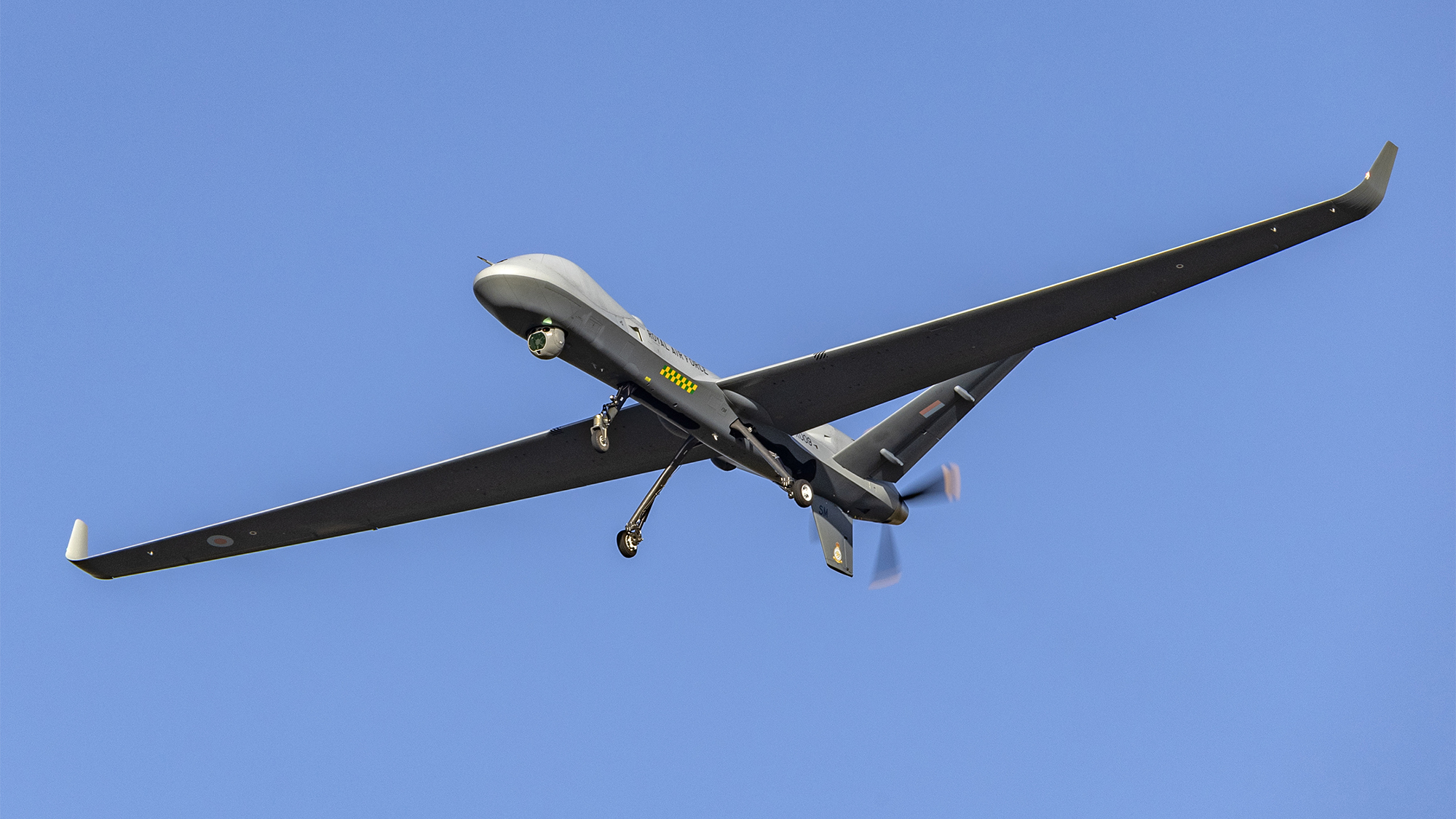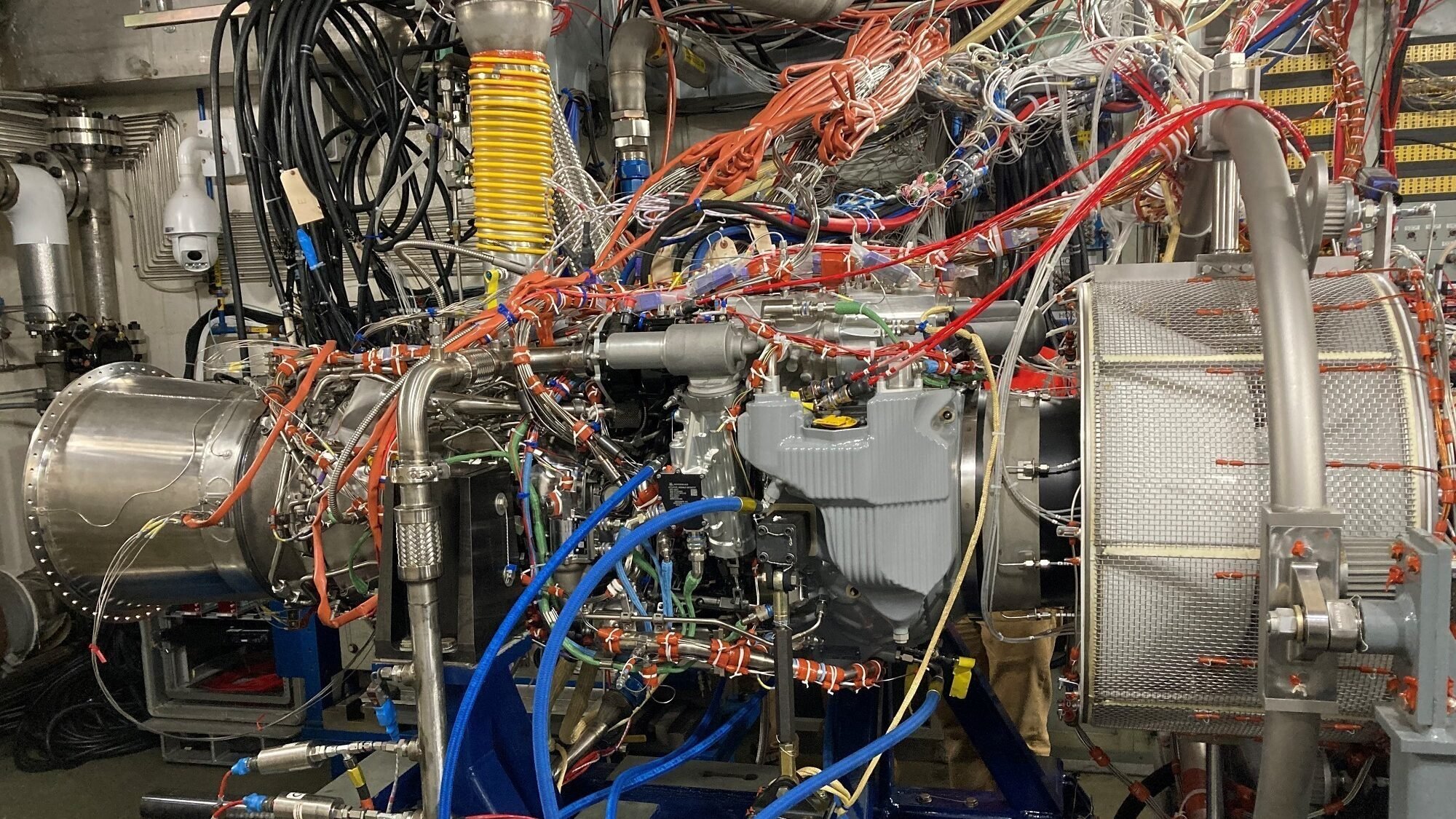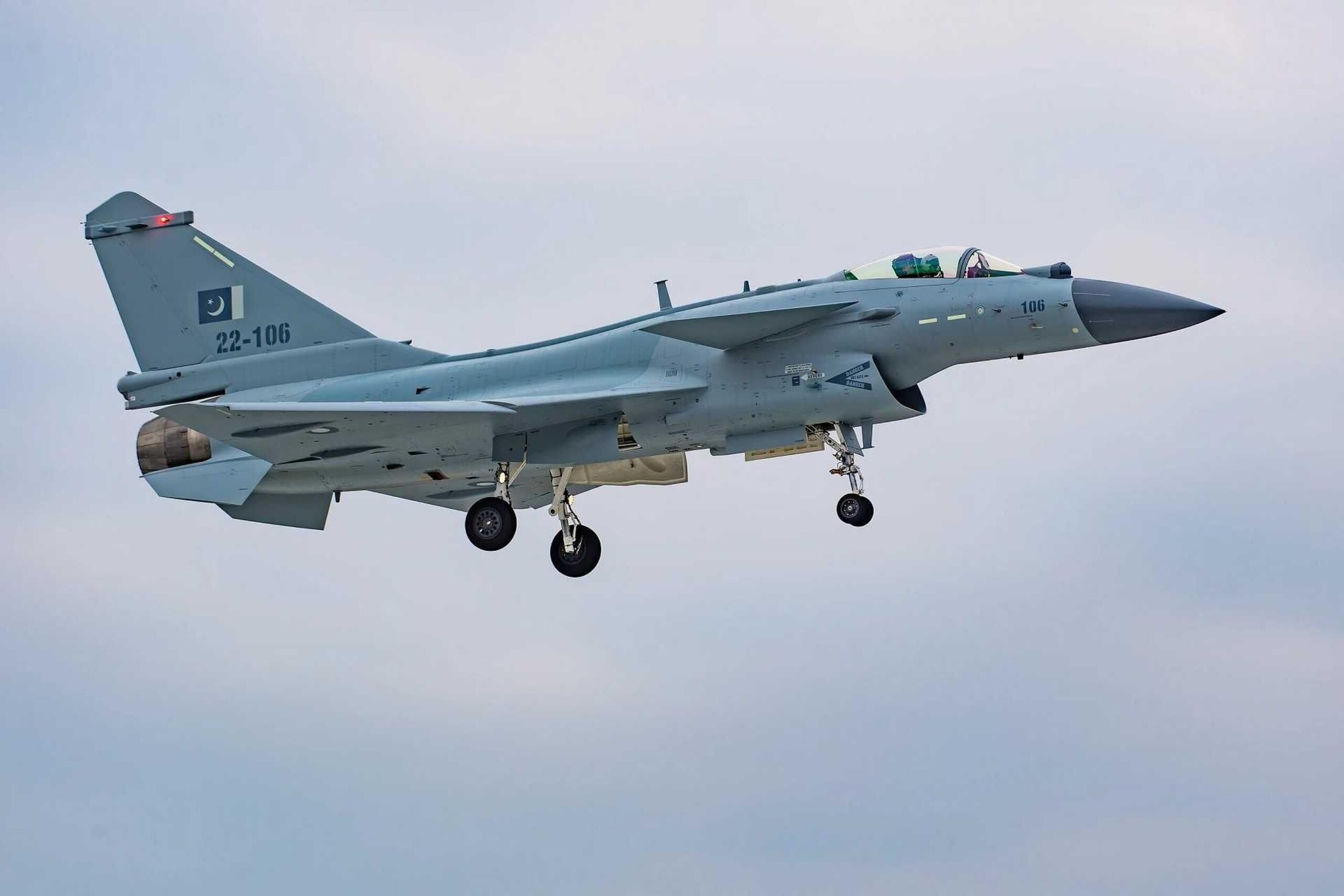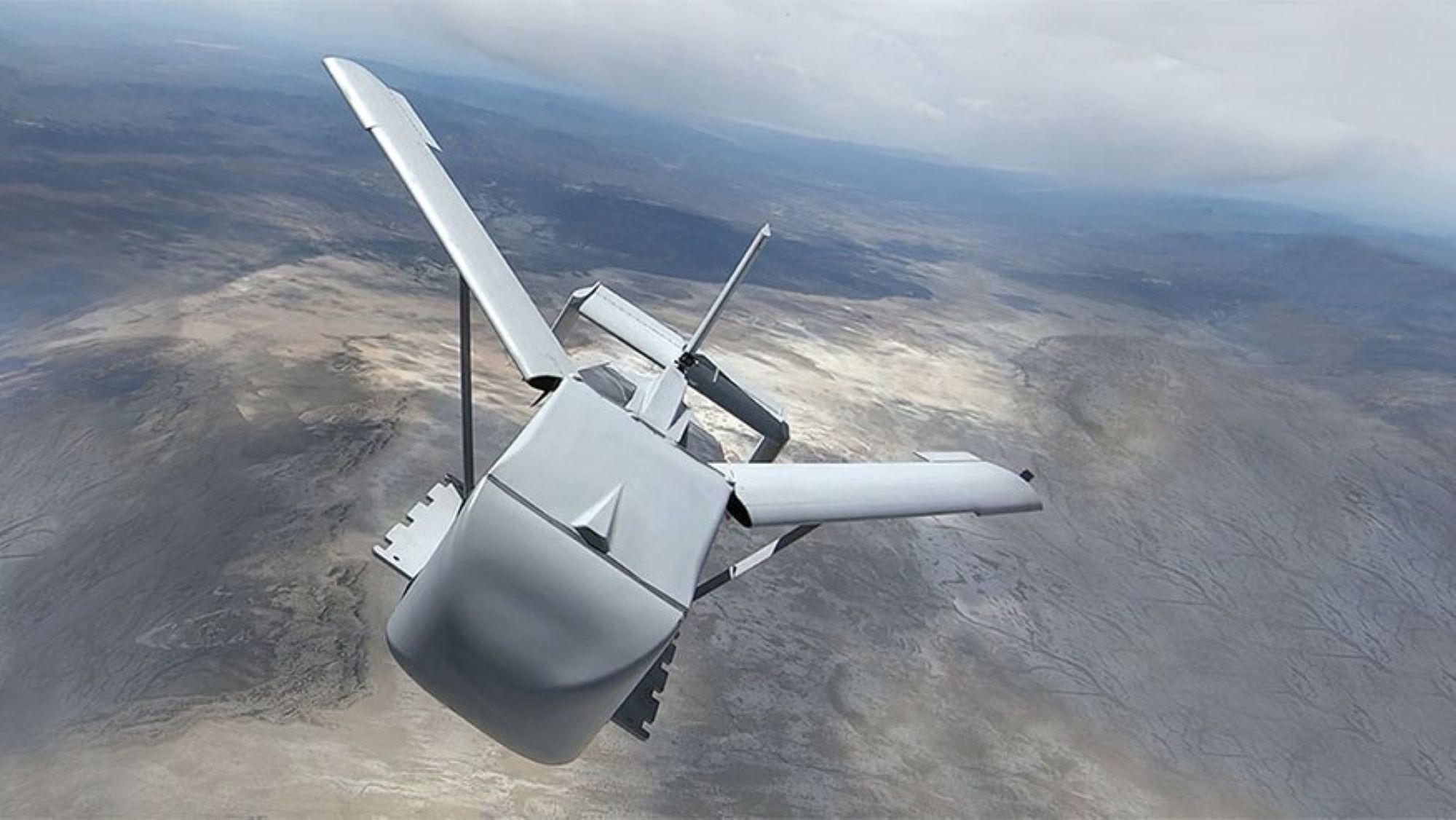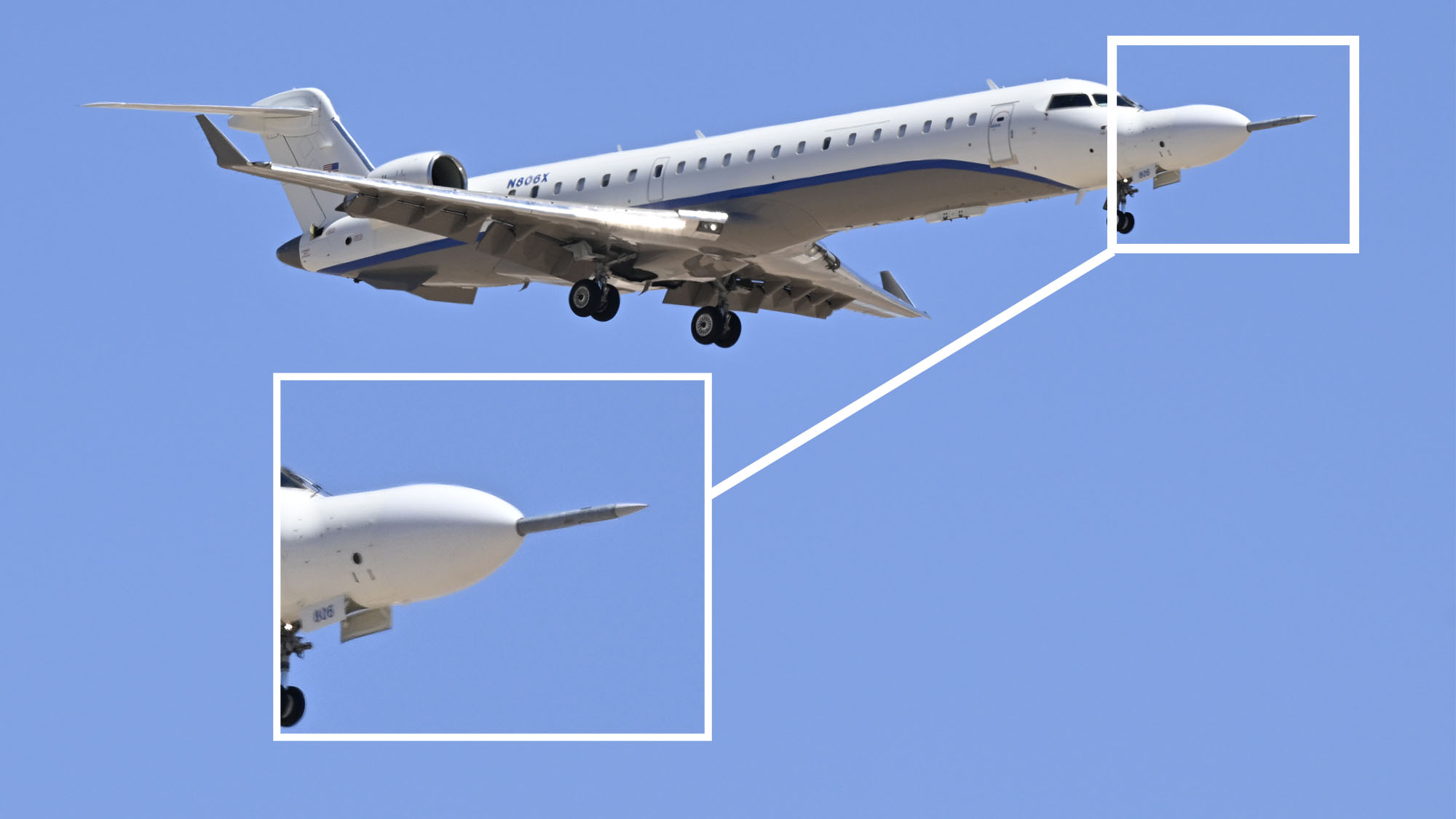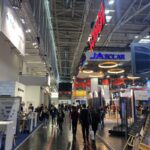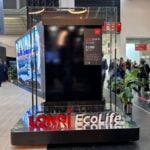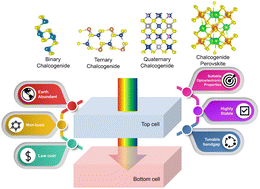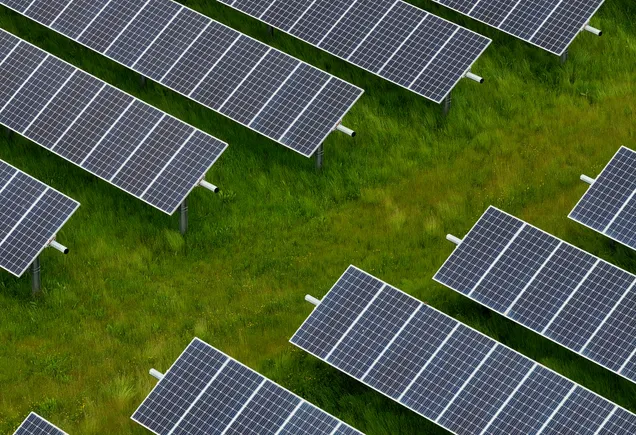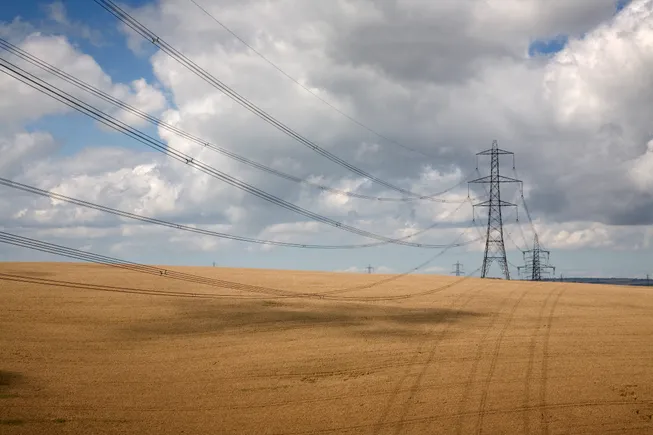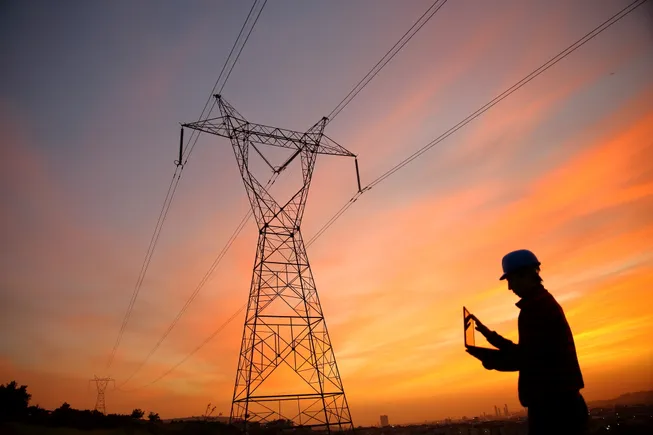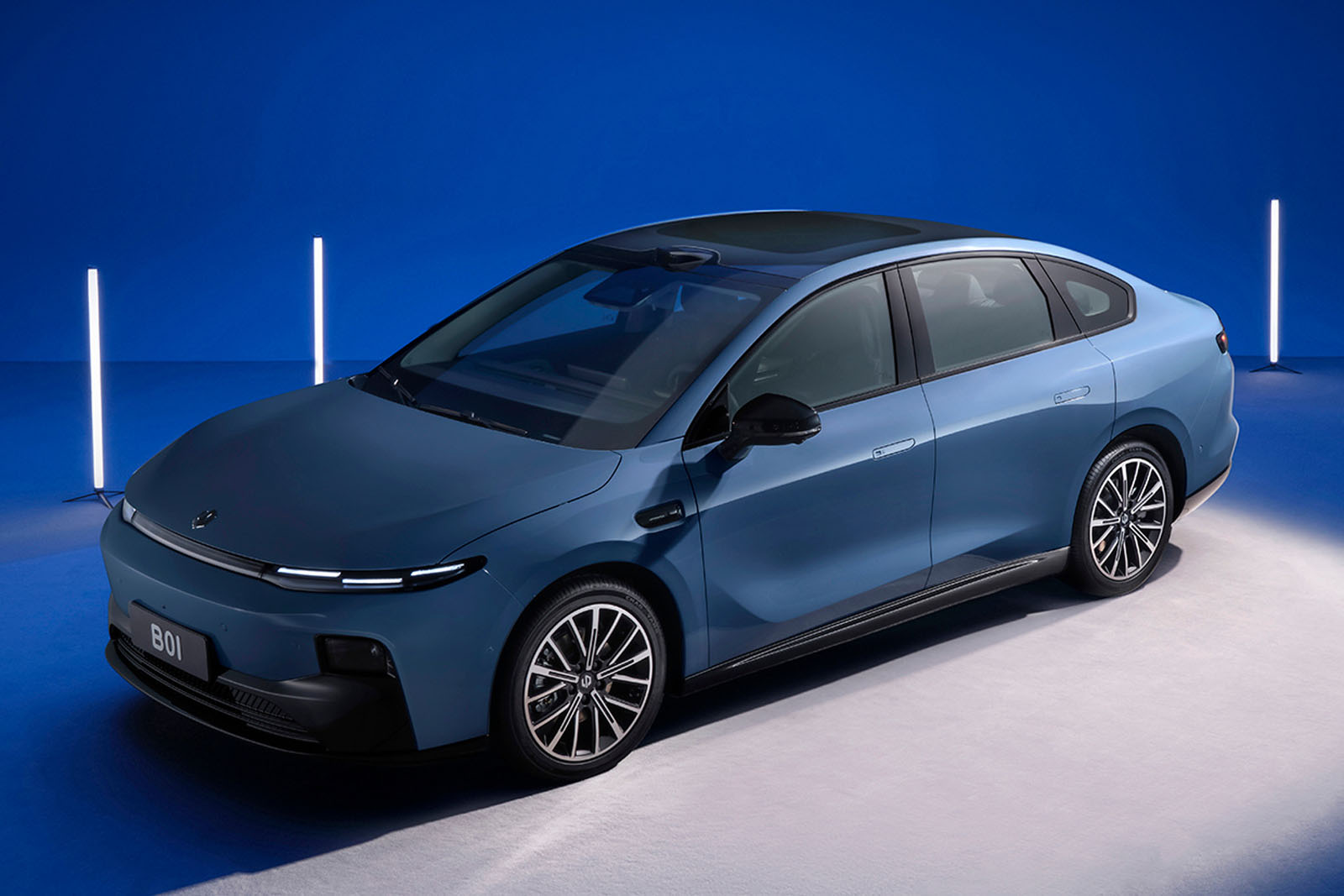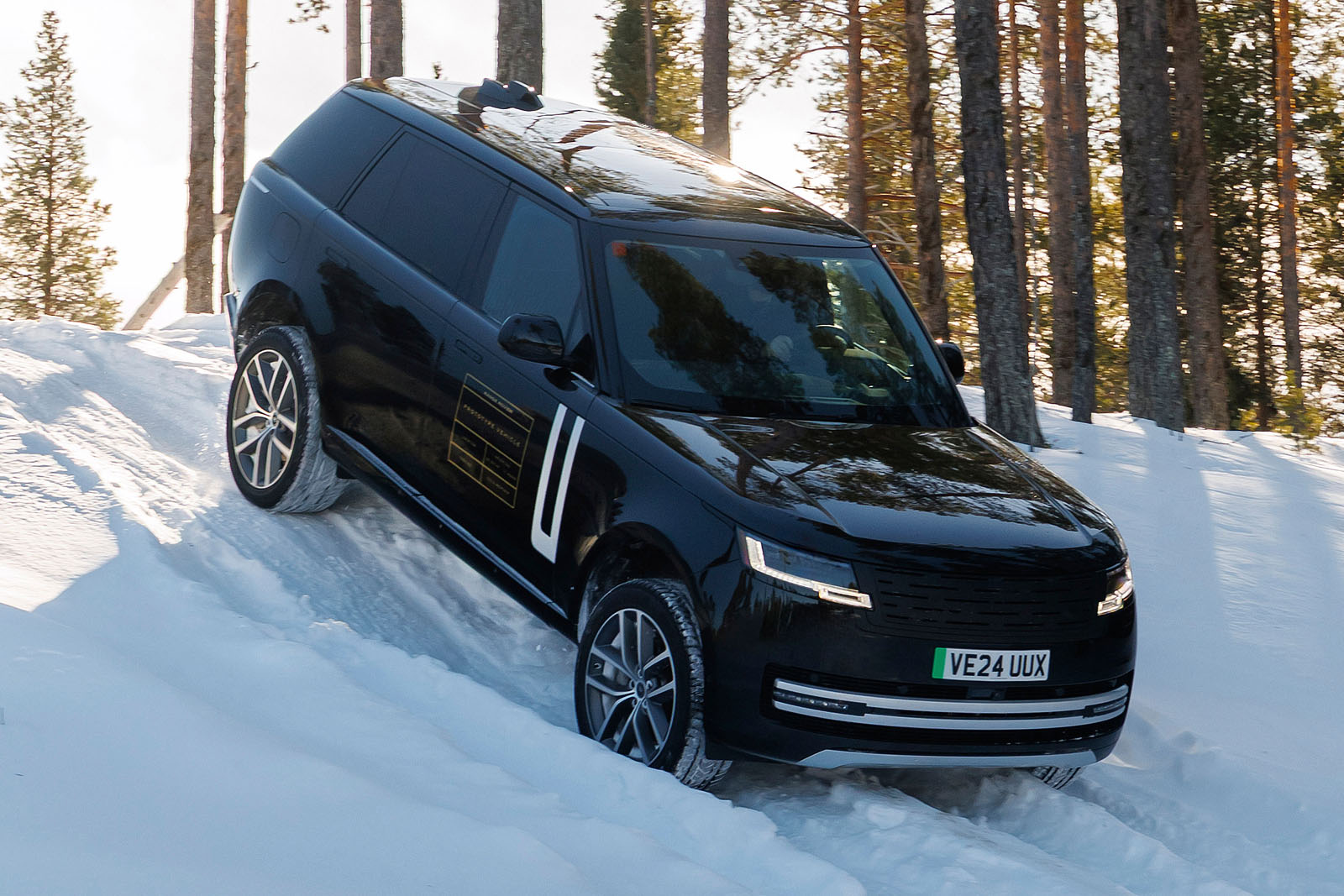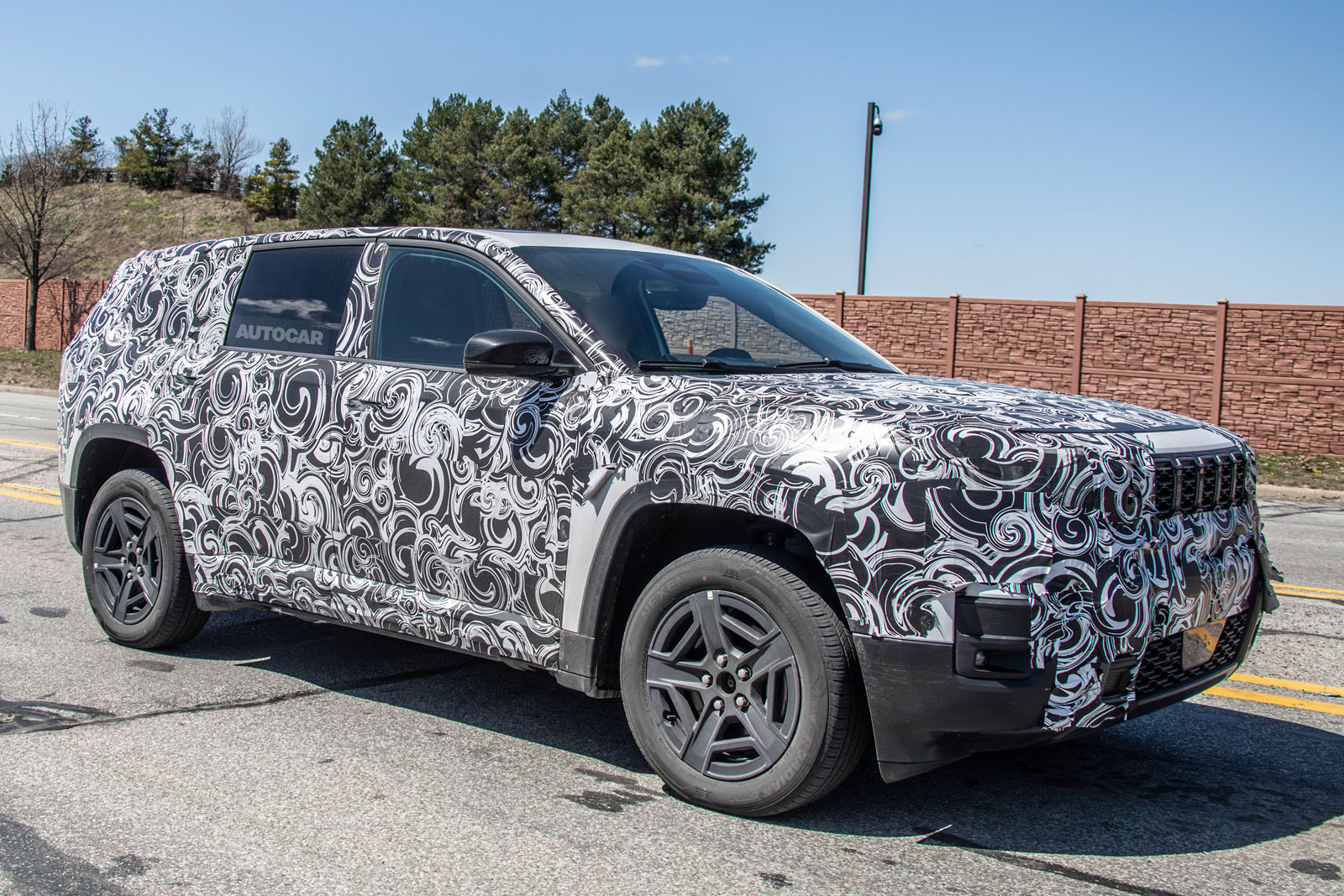Trump tariff gloom lifts following UK trade deal and BMW news
The US president has proven that he can be persuaded to reduce his punitive car import tariffs The grey cloud hovering over the car industry has lifted partially on evidence that US president Donald Trump can be persuaded to roll back his protectionist policies. On Thursday, the UK announced that it had struck a wider deal with US that will include reduced import tariffs on cars, bringing relief to a beleaguered JLR (Jaguar Land Rover) in particular. The announcement came a day after BMW confidently predicted that it expected the punitive 27.5% rate on cars to fall after 1 July, sounding a more optimistic note than other car makers the previous week. The tariffs on all cars coming into the US has been in place since 3 April – one of the biggest of the multiple blows to car makers selling in the US since Trump decided to use drastic measures to bring back more manufacturing to his country. Companies including the Volkswagen Group, Mercedes-Benz and General Motors warned of profit hits reaching into the billions. However, the deal negotiated by UK prime minister Keir Starmer to reduce the tariff from 27.5% to a caveated 10% has shown that what looked like a permanent fixture can in fact be chipped away. The UK deal came after BMW CEO Oliver Zipse struck a much more optimistic note about the tariffs during its earnings report on 7 May, following a series of gloomy communications from car companies including GM, Mercedes and Volkswagen. “Our base assumption that these are temporary tariffs. There is no indication that they will be permanent,” Zipse told investors, without being specific about his information. The tariffs applied to imported cars has been one of the biggest impacts to car makers, even those with production facilities in the country, like BMW. It came on top of tariffs on imported car parts and tariffs on imported steel and aluminium. Trump has been gradually softening his stance after experiencing blowback in the US from a worsening economy caused mainly by the tariff turmoil. Businesses including the car industry have been uncertain how to respond to the changes, with many cutting costs and reducing production output after warning about the dangers of a wholesale shift in strategy. Concessions made by Trump included handing car makers a tax relief of 3.75% when importing parts for cars built in the US. The additional 25% on fully built-up cars coming into the country hurts car makers the most, so BMW’s far more optimistic belief it too will be rolled back was seized on by analysts on the company’s first-quarter earnings call as they looked for any kind of positive news. Zipse refused to reveal the source of information for his confident statement and bypassed a media question about a rumoured meeting with Trump himself. Instead he mentioned BMW’s strong US connections. “We have deep roots there, and that is true for political relations as well, and we have had the closest dialogue with different stakeholders on a state level, not only South Carolina [home of BMW’s Spartanburg factory] but also California and also in a national level,” Zipse said. The main thrust of BMW’s argument was that the tariffs came from flawed logic and that common sense would prevail. “If they stay, there will be serious disadvantages to the whole economic system of cars being produced and sold and exported in the United States. And I think there is a better model,” Zipse said. BMW’s arguments that tariff relief safeguarded local jobs and investment “made sense… but lacked tangibility”, wrote Philippe Houchois, analyst at the bank Jefferies, in a note to investors. BMW produces the widest range of models among the German car makers in the US, making the X3, X4, X5, X7 and XM SUVs at Spartanburg. However, the factory also imports engines and gearboxes from the EU – something that Trump and his team have seized on in the past. Trump’s hawkish trade advisor Peter Navarro called BMW’s operations there a “scam”, prompting a furious response from BMW detailing $15 billion of investment and highlighting the $1bn the company is spending to introduce electric vehicle production there. Some of Zipse’s answers to analyst and media questions seemed to suggest that only car makers in BMW’s position – both making in and exporting from the US – would qualify for any future tariff reduction on that basis. “We have positive arguments for having some form of netting of import and exports in the United States,” Zipse said. The EU's response to the tariff increases has been to prepare a list of possible retaliatory tariffs, which has so far excluded cars – likely because of the hit to BMW and Mercedes, which use their US production hubs to export their bigger SUVs globally. In a sign of how interconnected the world’s biggest car makers still are, Zipse saved his harshest criticism for the EU’s tariffs on imported Chinese-built EVs, which hits electric Minis. That hurt profits by hundreds of millions of euros in the first quarter, B
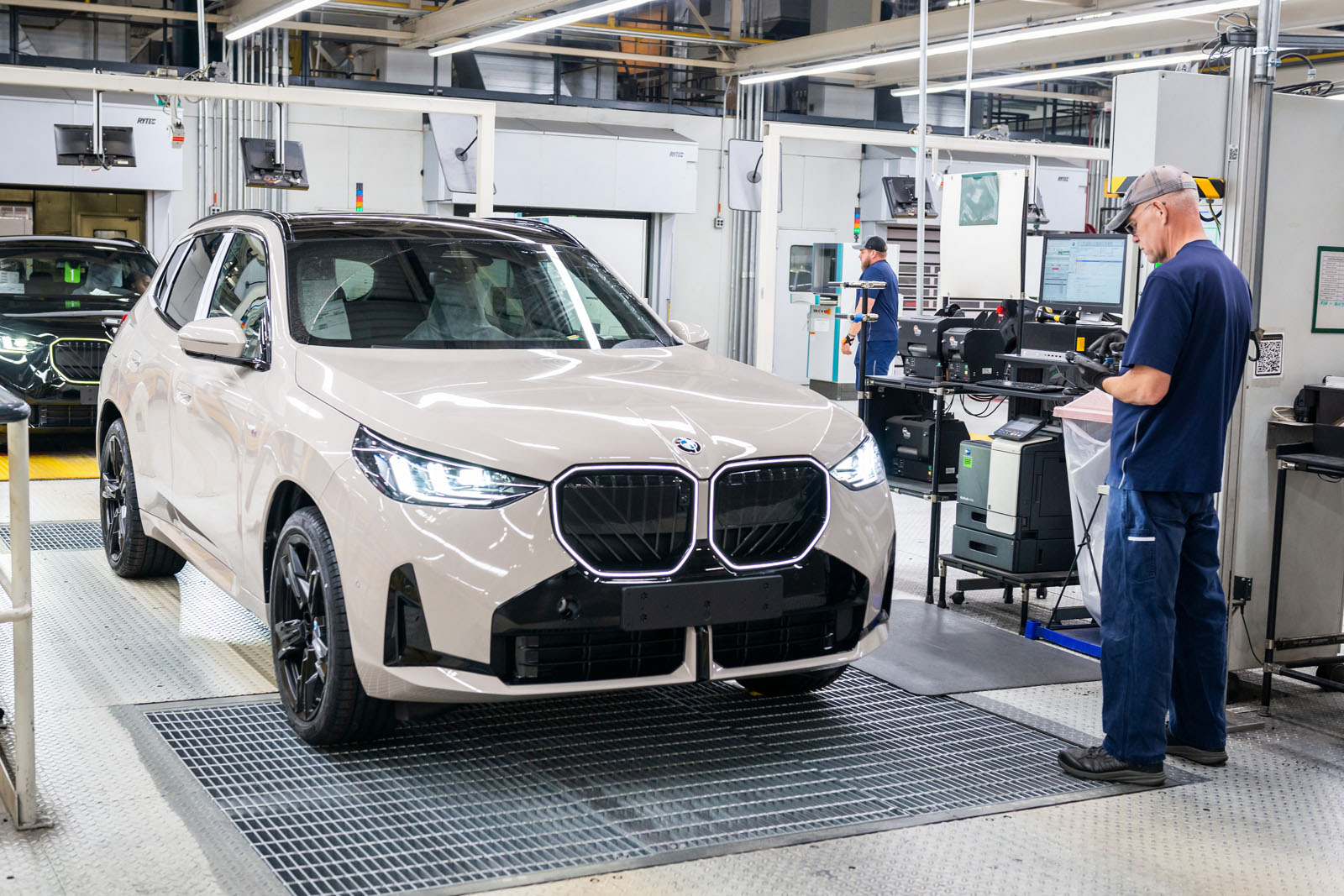
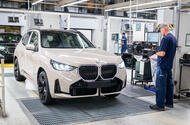 The US president has proven that he can be persuaded to reduce his punitive car import tariffs
The US president has proven that he can be persuaded to reduce his punitive car import tariffs
The grey cloud hovering over the car industry has lifted partially on evidence that US president Donald Trump can be persuaded to roll back his protectionist policies.
On Thursday, the UK announced that it had struck a wider deal with US that will include reduced import tariffs on cars, bringing relief to a beleaguered JLR (Jaguar Land Rover) in particular.
The announcement came a day after BMW confidently predicted that it expected the punitive 27.5% rate on cars to fall after 1 July, sounding a more optimistic note than other car makers the previous week.
The tariffs on all cars coming into the US has been in place since 3 April – one of the biggest of the multiple blows to car makers selling in the US since Trump decided to use drastic measures to bring back more manufacturing to his country.
Companies including the Volkswagen Group, Mercedes-Benz and General Motors warned of profit hits reaching into the billions.
However, the deal negotiated by UK prime minister Keir Starmer to reduce the tariff from 27.5% to a caveated 10% has shown that what looked like a permanent fixture can in fact be chipped away.
The UK deal came after BMW CEO Oliver Zipse struck a much more optimistic note about the tariffs during its earnings report on 7 May, following a series of gloomy communications from car companies including GM, Mercedes and Volkswagen.
“Our base assumption that these are temporary tariffs. There is no indication that they will be permanent,” Zipse told investors, without being specific about his information.
The tariffs applied to imported cars has been one of the biggest impacts to car makers, even those with production facilities in the country, like BMW.
It came on top of tariffs on imported car parts and tariffs on imported steel and aluminium.
Trump has been gradually softening his stance after experiencing blowback in the US from a worsening economy caused mainly by the tariff turmoil.
Businesses including the car industry have been uncertain how to respond to the changes, with many cutting costs and reducing production output after warning about the dangers of a wholesale shift in strategy.
Concessions made by Trump included handing car makers a tax relief of 3.75% when importing parts for cars built in the US.
The additional 25% on fully built-up cars coming into the country hurts car makers the most, so BMW’s far more optimistic belief it too will be rolled back was seized on by analysts on the company’s first-quarter earnings call as they looked for any kind of positive news.
Zipse refused to reveal the source of information for his confident statement and bypassed a media question about a rumoured meeting with Trump himself. Instead he mentioned BMW’s strong US connections.
“We have deep roots there, and that is true for political relations as well, and we have had the closest dialogue with different stakeholders on a state level, not only South Carolina [home of BMW’s Spartanburg factory] but also California and also in a national level,” Zipse said.
The main thrust of BMW’s argument was that the tariffs came from flawed logic and that common sense would prevail.
“If they stay, there will be serious disadvantages to the whole economic system of cars being produced and sold and exported in the United States. And I think there is a better model,” Zipse said.
BMW’s arguments that tariff relief safeguarded local jobs and investment “made sense… but lacked tangibility”, wrote Philippe Houchois, analyst at the bank Jefferies, in a note to investors.
BMW produces the widest range of models among the German car makers in the US, making the X3, X4, X5, X7 and XM SUVs at Spartanburg.
However, the factory also imports engines and gearboxes from the EU – something that Trump and his team have seized on in the past.
Trump’s hawkish trade advisor Peter Navarro called BMW’s operations there a “scam”, prompting a furious response from BMW detailing $15 billion of investment and highlighting the $1bn the company is spending to introduce electric vehicle production there.
Some of Zipse’s answers to analyst and media questions seemed to suggest that only car makers in BMW’s position – both making in and exporting from the US – would qualify for any future tariff reduction on that basis.
“We have positive arguments for having some form of netting of import and exports in the United States,” Zipse said.
The EU's response to the tariff increases has been to prepare a list of possible retaliatory tariffs, which has so far excluded cars – likely because of the hit to BMW and Mercedes, which use their US production hubs to export their bigger SUVs globally.
In a sign of how interconnected the world’s biggest car makers still are, Zipse saved his harshest criticism for the EU’s tariffs on imported Chinese-built EVs, which hits electric Minis. That hurt profits by hundreds of millions of euros in the first quarter, BMW said.
BMW however glossed over the fact that China’s retaliatory tariffs on the US have essentially killed imports of the X7 and XM from the US to China.
China was the third-largest export market from Spartanburg in 2024, BMW has previously said.
Mercedes was more open, saying it made the export of the GLS and GLE SUVs from the US to China “prohibitive”.
Those cars would likely have be redirected towards US customers, giving JLR a headache. However, the UK deal considerably lightens the tariff burden on the British company, which had been facing a smaller market and job losses, given that rivals including BMW, Mercedes and Volvo build SUVs in the US and thus avoid the worst of the tariffs.
JLR paused exports to the US immediately after the 25% additional tariff was applied on 3 April but has now resumed them again, it has confirmed to Autocar.
The cost of doing business in the US remains high. JLR was paying only 2.5% duty to send cars to the US before April, compared with 10% now (the same as the US pays to bring cars to the UK), and the quota limits growth.
Elsewhere, Ford has started raising prices on cars brought into the US from Mexico, with prices on the Mustang Mach-E EV, Maverick pick-up and Bronco Sport SUV going up by as much as $2000, Reuters reported.
BMW is right that reducing tariffs will help car makers and thus the US economy. “We have a very, very strong argument,” Zipse said. Whether Trump comes to the same conclusion, however, is far from certain.







